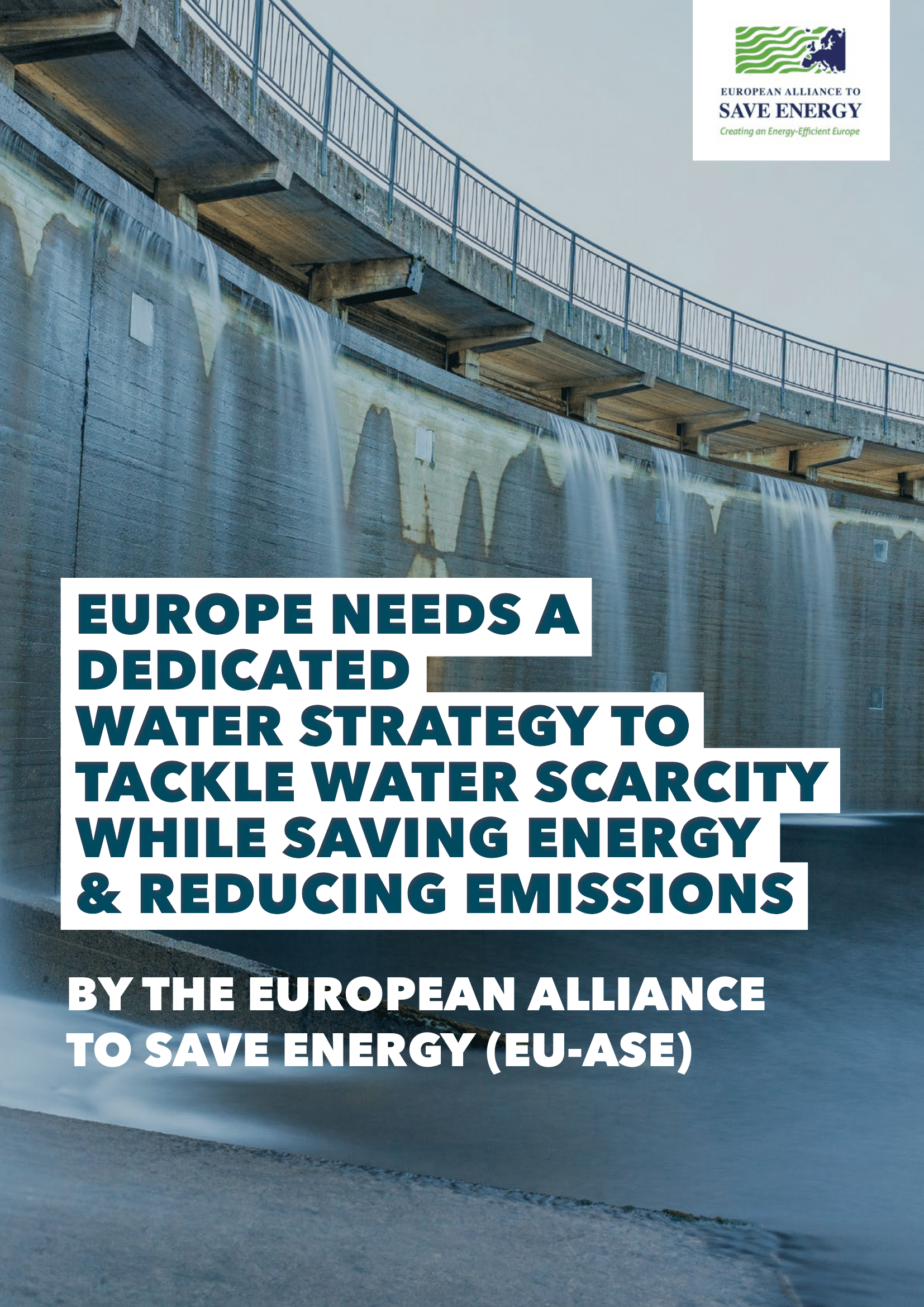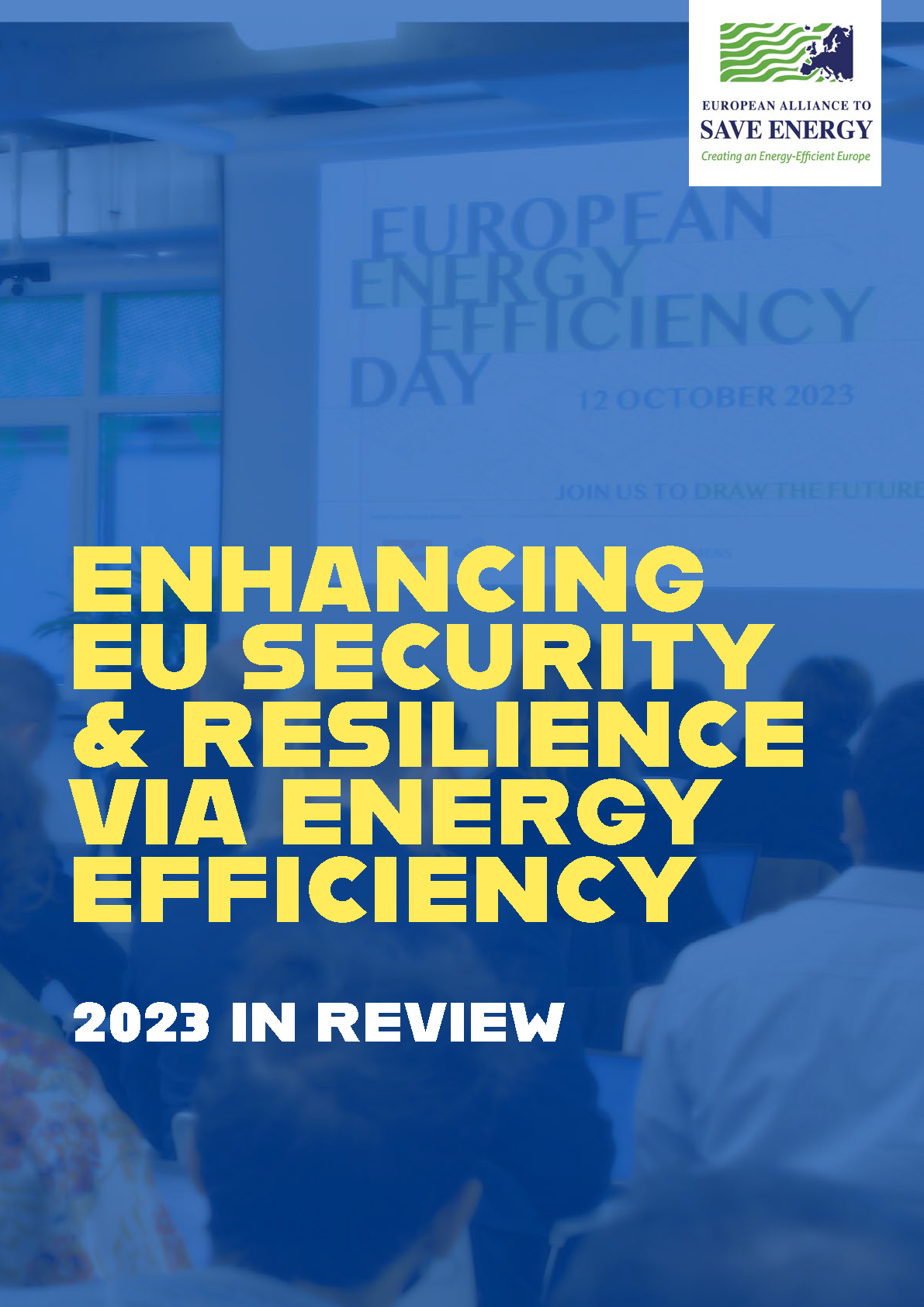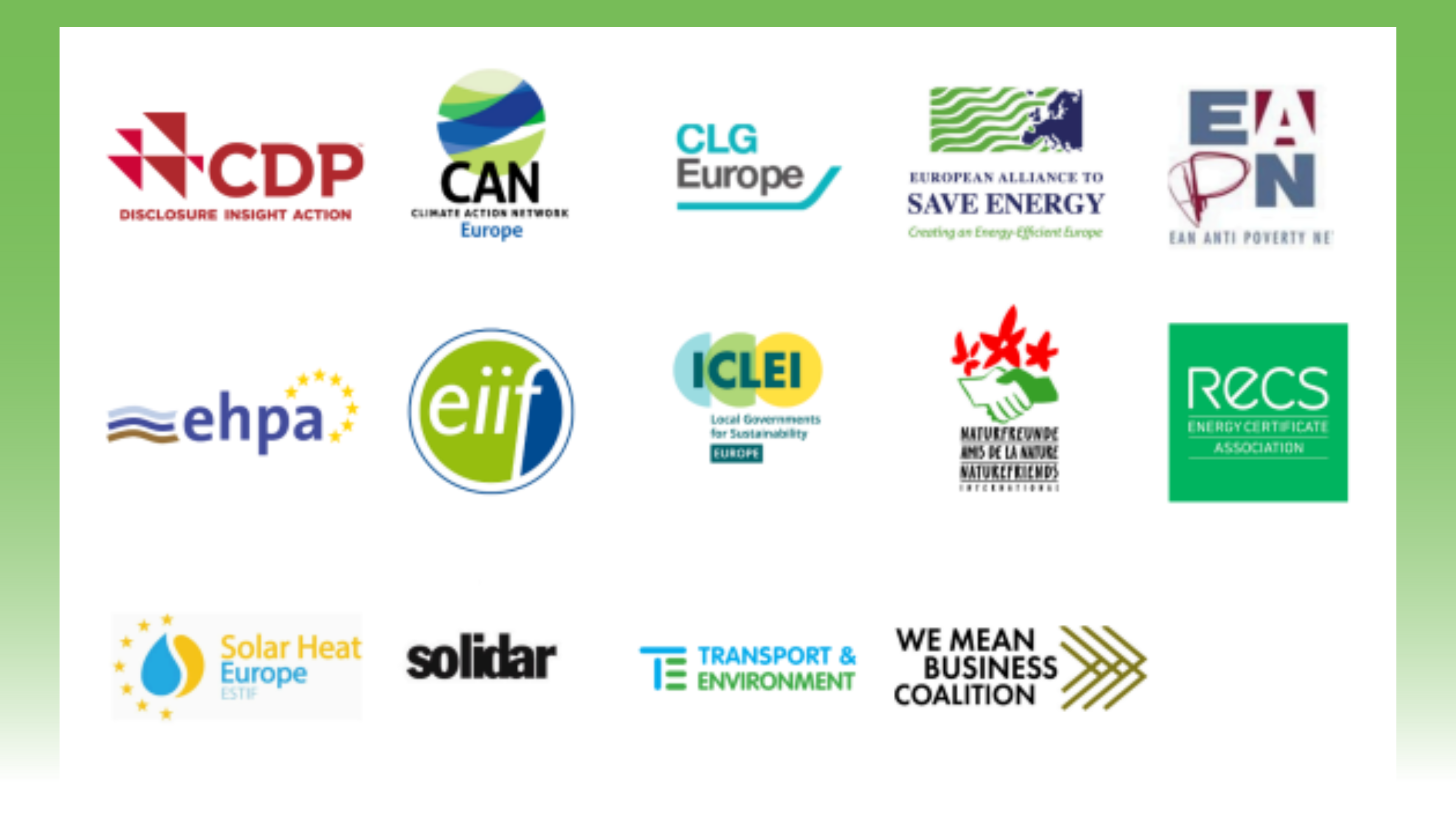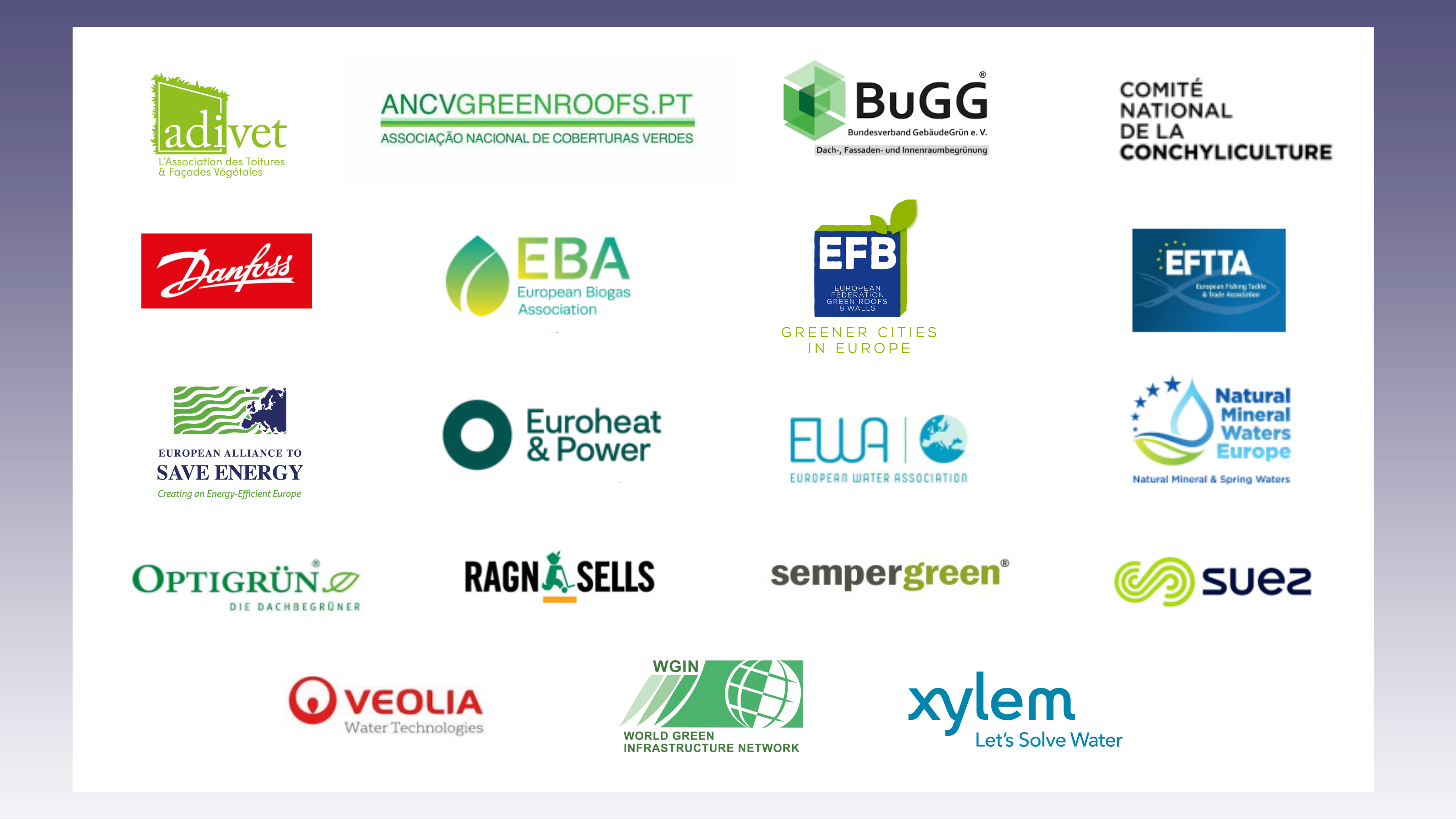Solving Europe’s water challenges means getting it right on energy

From strict emergency measures being introduced in Catalonia, to memories of nuclear plants shutting down in France due to drought and low water supply, one thing is clear, and that is Europe’s water sector is under pressure, says Bonaldi da Costa of Danfoss in Foresight Climate and Energy.
Are we on the cusp of a water crisis in Europe or are we already in the midst of one?
Climate change-induced volatile weather patterns, in combination with poor water management and increased water demand in the agricultural, energy and industrial sectors have proven a lethal combination piling on additional stress to an increasingly strained supply.
But when it comes to water, the stakes are too high to ignore. On top of the social and health implications for local communities, failure to find a sustainable resolution to the water crisis is an issue which will undoubtedly jeopardise the EU’s competitiveness and ability to develop strategic sectors such as the hydrogen economy.
Yet in rethinking a European approach to our water challenges, we cannot forget to put a heavy emphasis on solving the closely interlinked energy issue. The mutual dependence between water and energy is clear to see: energy generation accounts for 44% of the EU’s water consumption, while the water sector accounts for around 3% of the EU’s total electricity demand. For comparison, that is a figure comfortably larger than Belgium’s electricity consumption.
Read the full article in Foresight Climate & Energy.




